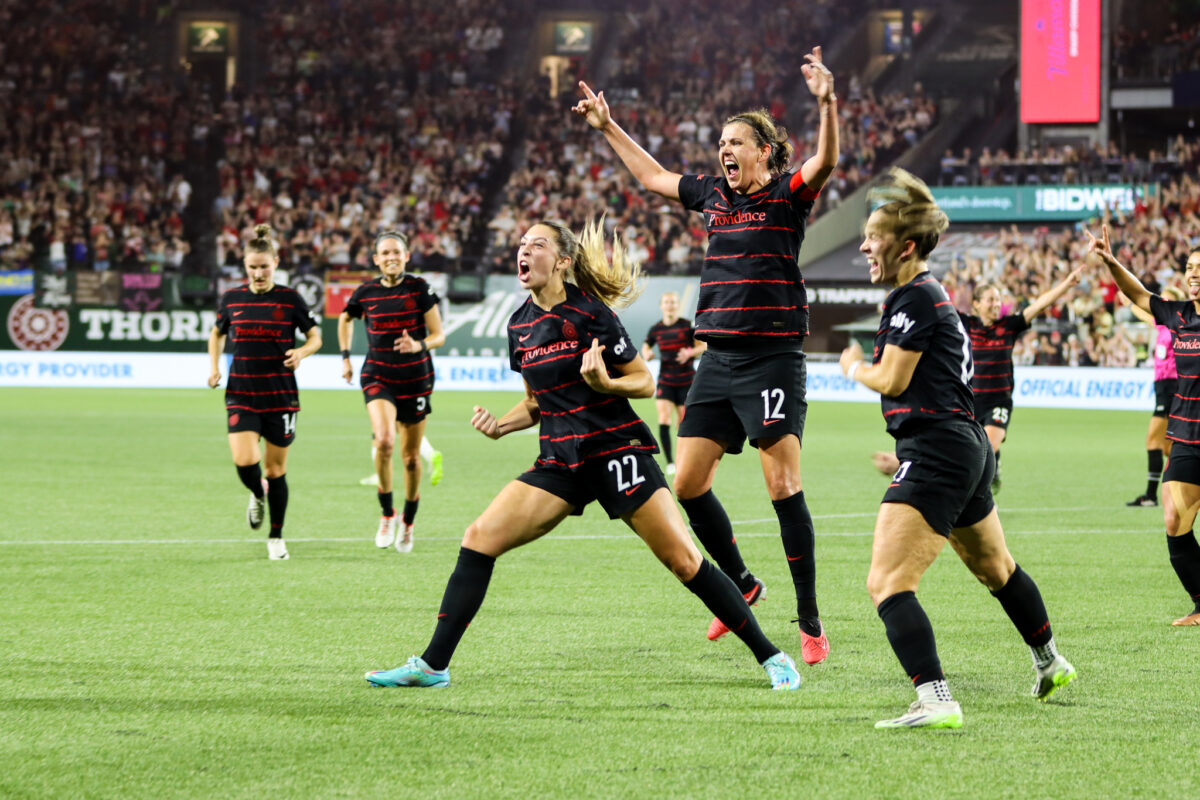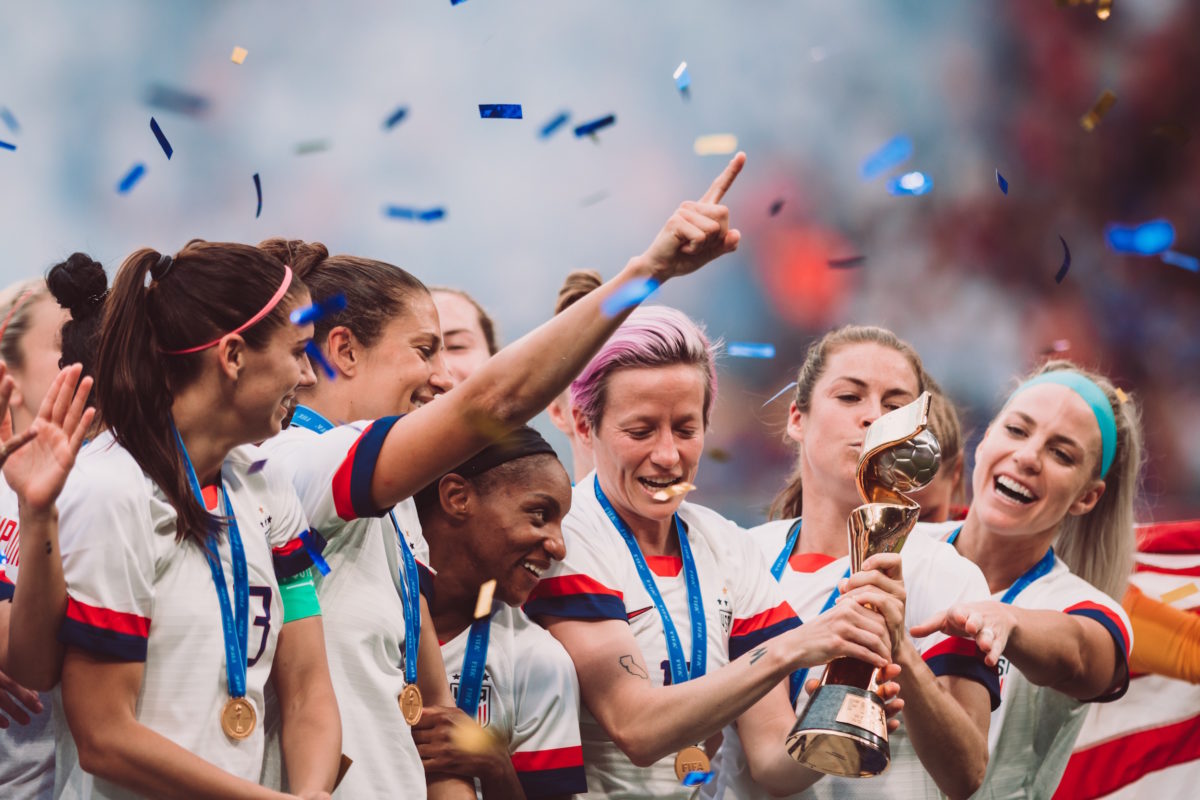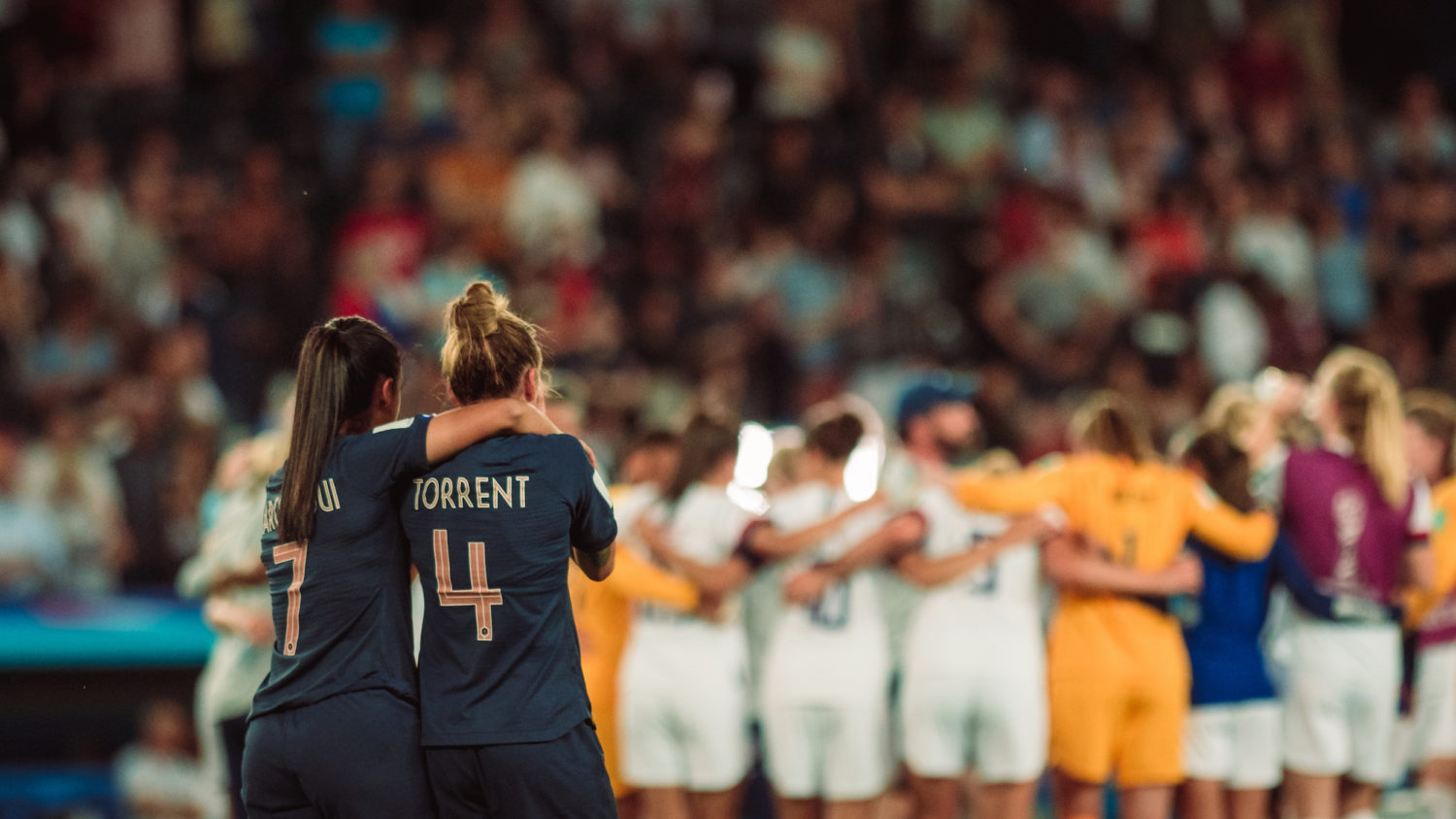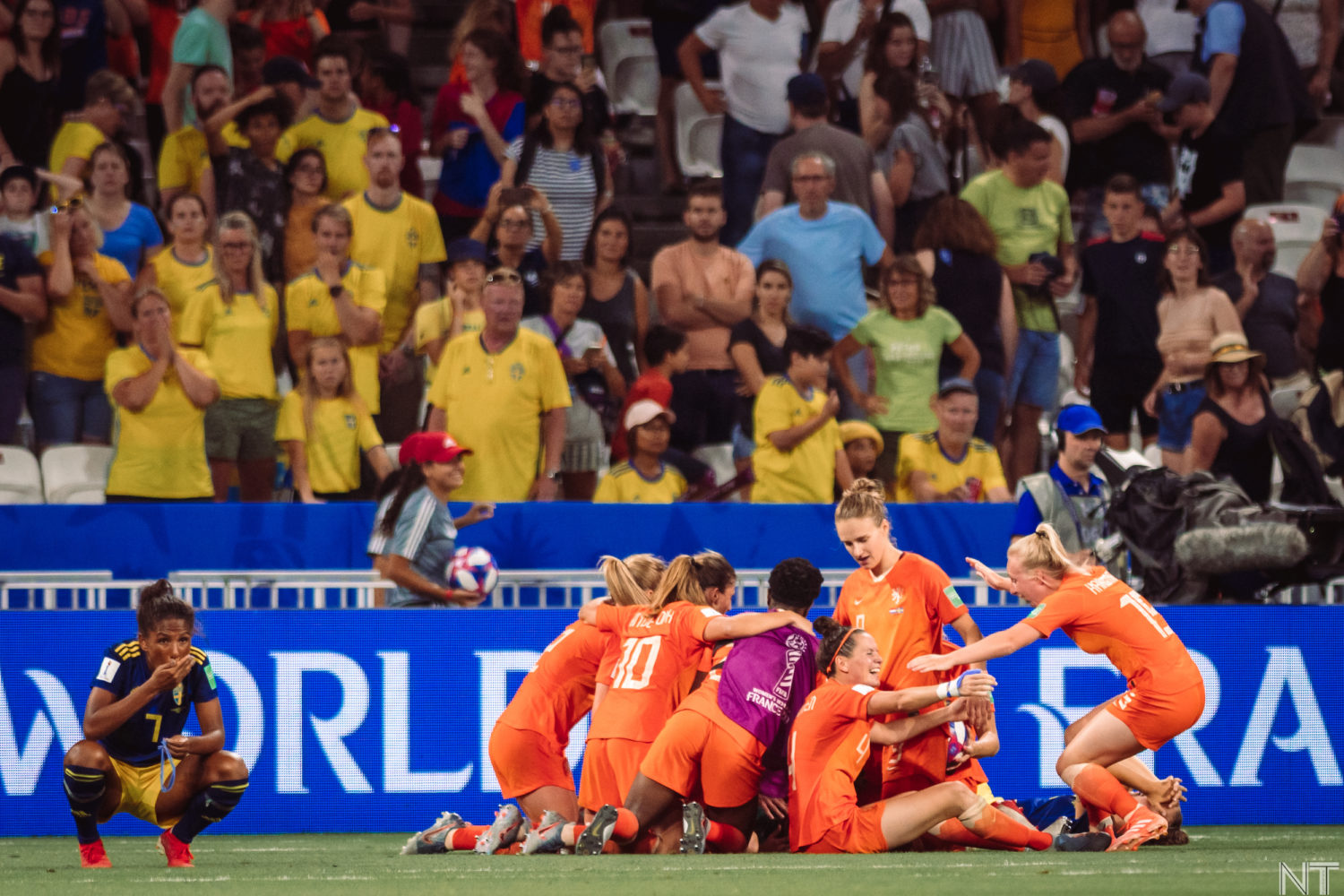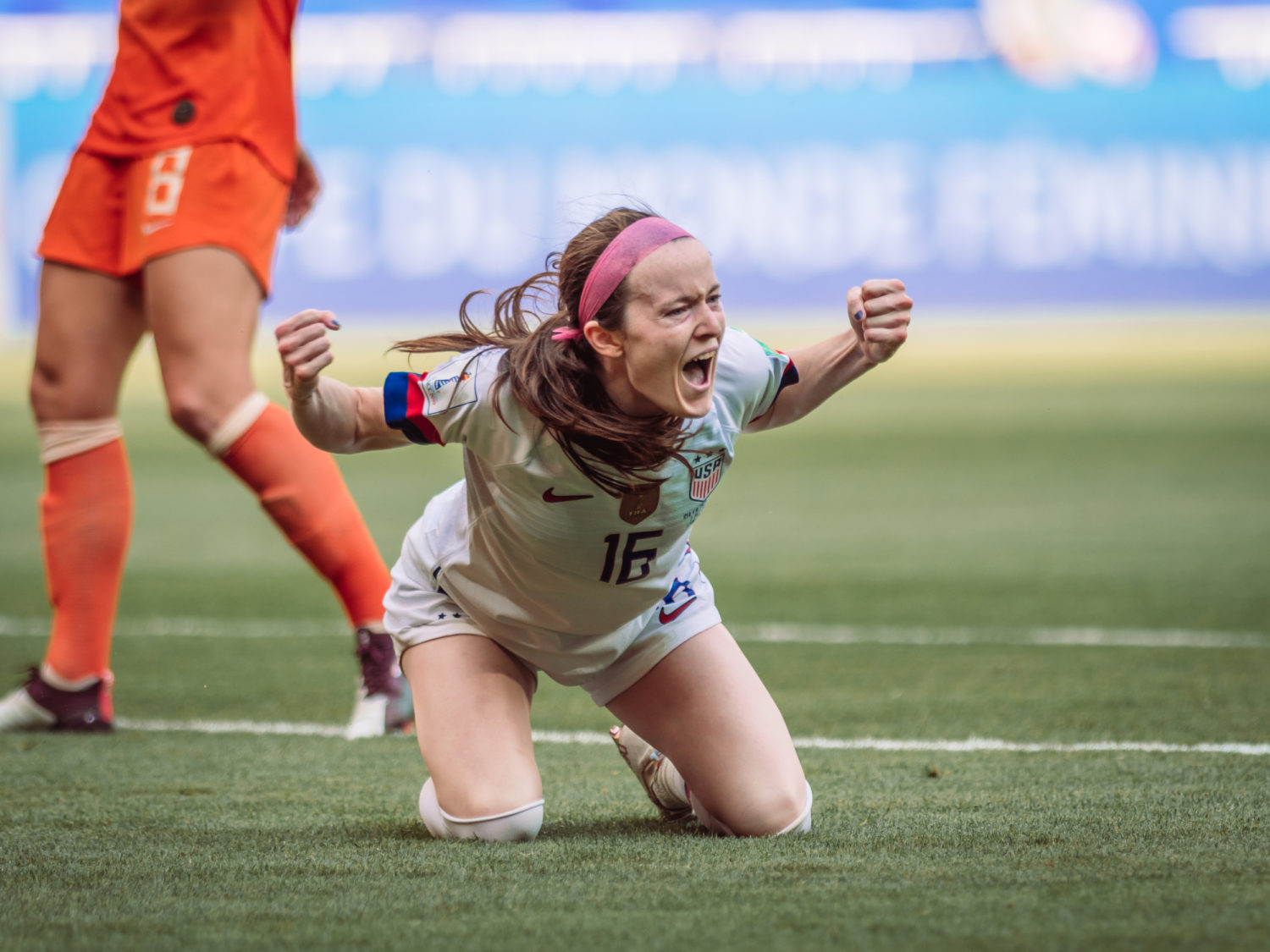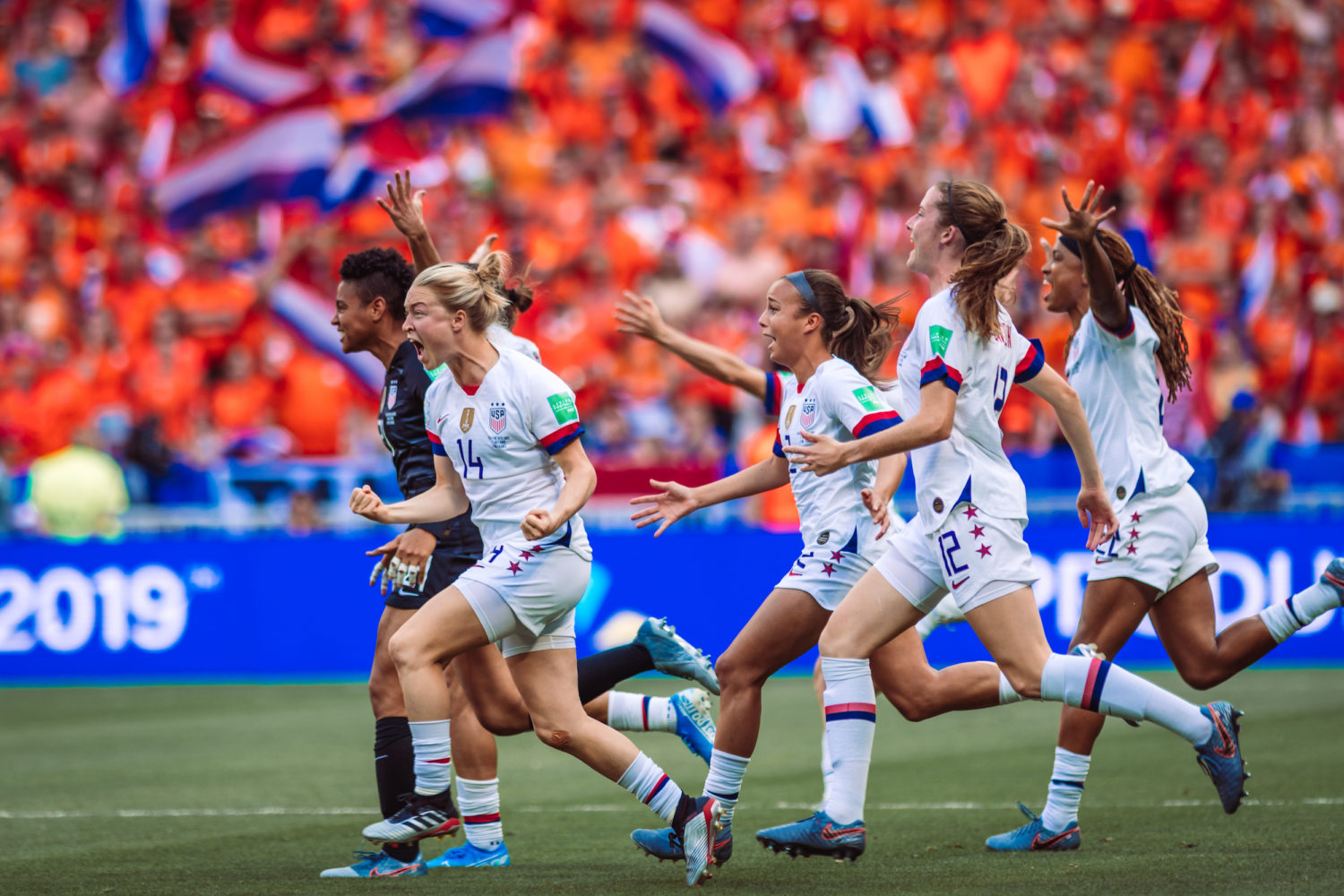It felt as though the vintage Portland Thorns were back in action Saturday night, as they soundly defeated OL Reign in front of a sold-out Providence Park. It was the last time that the complete trio of Megan Rapinoe, Jess Fishlock, and Lu Barnes would face Christine Sinclair in Portland—which undoubtedly helped increase attendance numbers and added a sentimental tenor to the entire game. All four players reassured the crowd that during those 90 minutes the teams were fighting for more than just three points in a tight end of season table; they were fighting for the pride of their cities.
It was the first time since the inaugural 2013 season that Portland managed to take both home and away wins against Seattle in the regular season, and their first home win of the rivalry since 2018. Hopefully, such a solid beating of a longtime and fierce rival will propel the Thorns to end the season, helping them pick up their first three consecutive wins since 2019, as well.
Last week at a league-wide press conference, NWSL Commissioner Jessica Berman confirmed that the Thorns were on track to being sold by the end of the calendar year and that Merritt Paulson no longer sits on the Board of Governors. (Portland’s representative is currently Portland Timbers and Thorns CEO Heather Davis.) The process of the sale has taken far too long, but the confirmation that the team will in fact get a new owner (and hopefully new grass practice facility) makes me feel as though the Thorns can start to redefine themselves and their relationship to the city after a few dark years.
I find it hard to grasp the simultaneous nature of beginnings and endings, and this game represented both. The Thorns that I grew up with from 2013 through 2019 were different from the Thorns post-2020. Of course, the coaching and personnel changes are part of the natural course of a professional team, but since 2020, it has felt as though there is a disconnect between the team and its fans, largely brought upon by poor leadership decisions that have directly perpetuated and covered up abuse. Being free from the shadows of Paulson will allow the team to get their spot in the sun that they deserve.
Endings
Saturday’s game was the last time that Rapinoe played in Providence Park. Even though she is one of the Thorns’ biggest villains, it seems remiss to not talk about her. Of course, a rivalry game is about more than one player (and we will still have to deal with Fishlock next year…), but Pinoe seems to embody what it means to really love what you do and who you play for.
“We’re definitely two different types of people,” Sinclair said of Rapinoe postgame. “But what she’s done for the game, I think she’s helped inspire an entire generation of young soccer fans. And I fully support anyone that wants to grow women’s football, women’s sports. I’m gonna miss playing against her. This rivalry is gonna miss having her. I think our fans are gonna miss booing her.”
Pinoe has always made soccer fun. Even when I’m watching the USWNT play the most mediocre Vlatko-ball I’ve ever seen in the middle of the night, I know that as soon as Pinoe subs on she will liven things up and add flair and fun. I think that element of fun is something that has been missing from the Thorns’ culture for the past few years. The Thorns love emphasizing their mentality of winning and success, but sometimes I’m afraid that they’ve lost sight of the love of the game.
But then I see Pinoe hamming it up to the North End after scoring a goal or Morgan Weaver pretending to be one of those inflatable car-sale balloons, and I realize that these players do still have fun. Going forward, I want to see more of that: fun celebrations and laughing on the pitch and putting on a show. I want to thank Pinoe and the OGs for always having fun on the pitch, because it makes me have a lot more fun watching.
I also know how hard it is to remember why you are doing something when people, in particular your employers, are cruel or unhelpful. I sincerely hope that the sale of the team and dissociation from Paulson will fill the North End again and start selling out Providence Park. Even at 3:30 a.m. from my bed in Dublin, Ireland, I could see the influence that the city can have on a game.
Beginnings
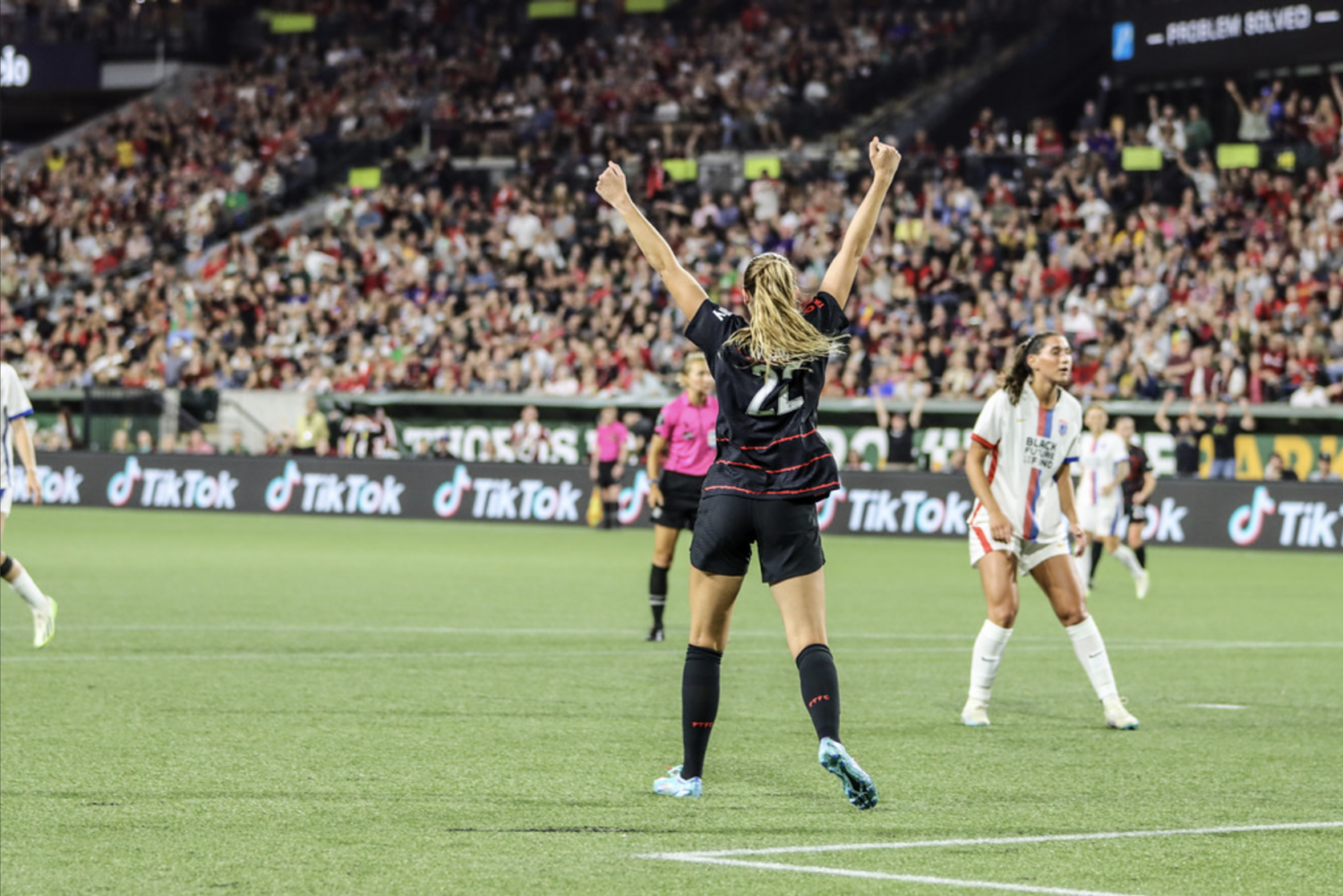
With every ending comes a new beginning. Morgan Weaver came alive as the new embodiment of the “F— Seattle” sentiment that is so necessary for a good rivalry. In a weird parallel with Pinoe, Weaver grew up in Washington but now plays for the rival state. Postgame, when asked about her celebration where she pointed enthusiastically at the Thorns badge on her jersey, she said, “I’m from Tacoma, but I’m just gonna show them where I love, and I love Portland, and I love being here and I love being on this team. So, I just had to let them know Portland’s where it’s at.”
Weaver has really come to life on the field this year. Her past seasons in Portland have by no means been lackluster—she has probably scored the most clutch game-winning goals for the team since she landed with the club in 2020—but she often falls into Sophia Smith’s shadow, being drafted second to her and playing alongside her. On Saturday, Weaver scored her 10th goal in all competitions this season off an incredibly well-struck volley straight back across goal. Her confidence in front of goal has skyrocketed, and it has made her a much more complete striker.
But what makes Weaver such a dangerous player is her dynamism. She had seven recoveries, the fourth most on the team, and also had the most shots on the team at four. Her involvement at both ends of the pitch is part of her core identity as a player. The fact that Weaver has been able to sustain this level of play throughout the season (she has played the third most minutes on the team) while consistently improving her awareness and skill shows how high her ceiling is. Luckily, she’s signed through 2025, and I can’t wait to see how much more she can grow.
Like Tobin Heath said in her podcast, “Portland being the best every year, that’s tradition.” And even with some traditions ending, the Thorns will always have players who embody the city and its weirdness and propel the team to greatness—just like Weaver showed everybody this weekend.

